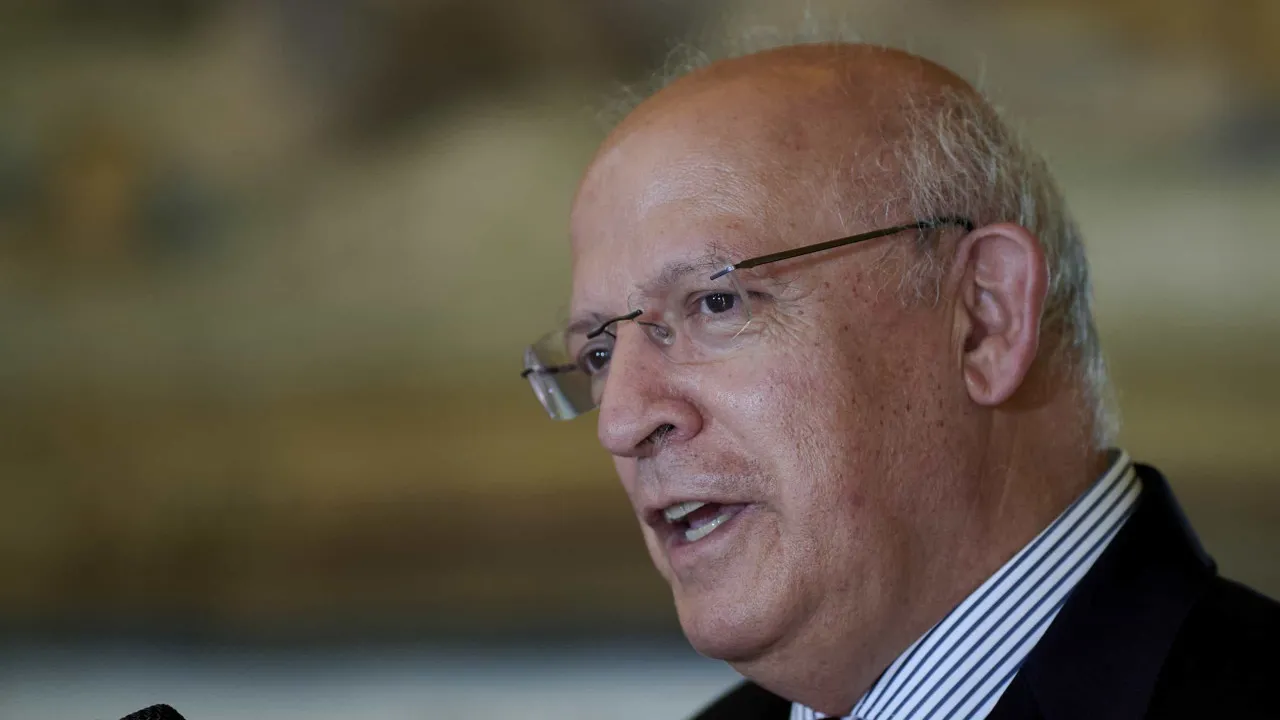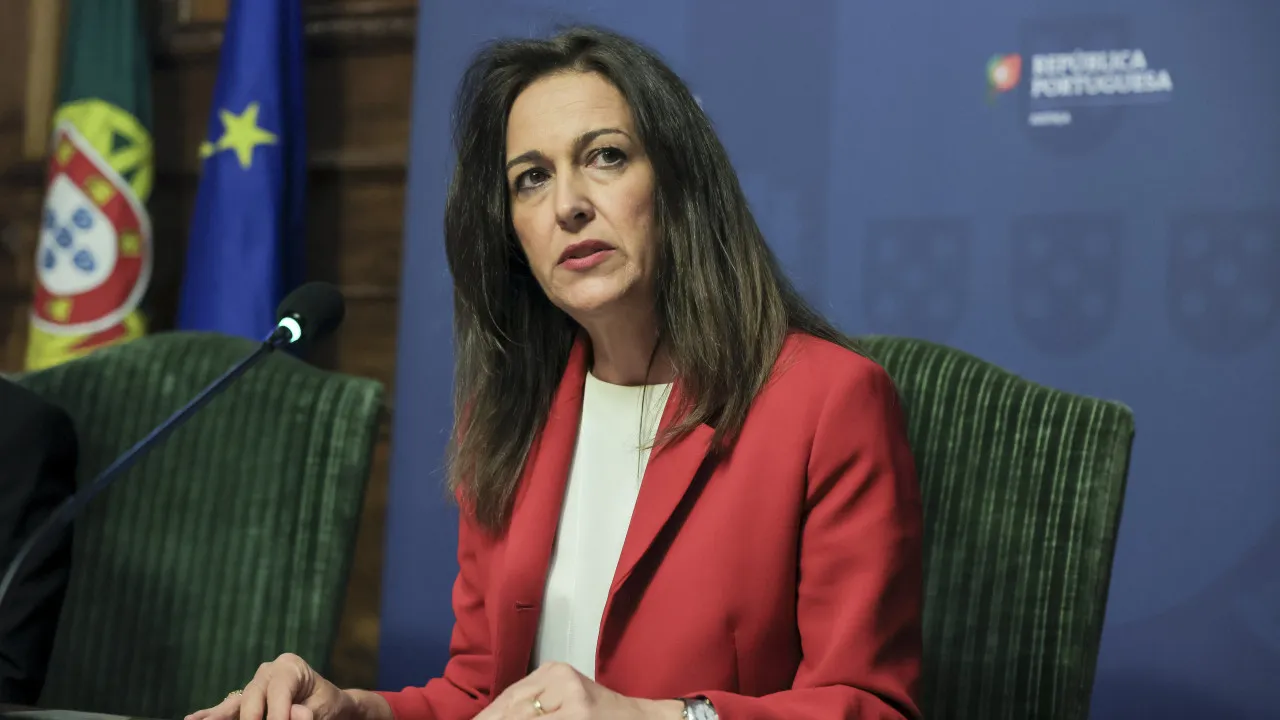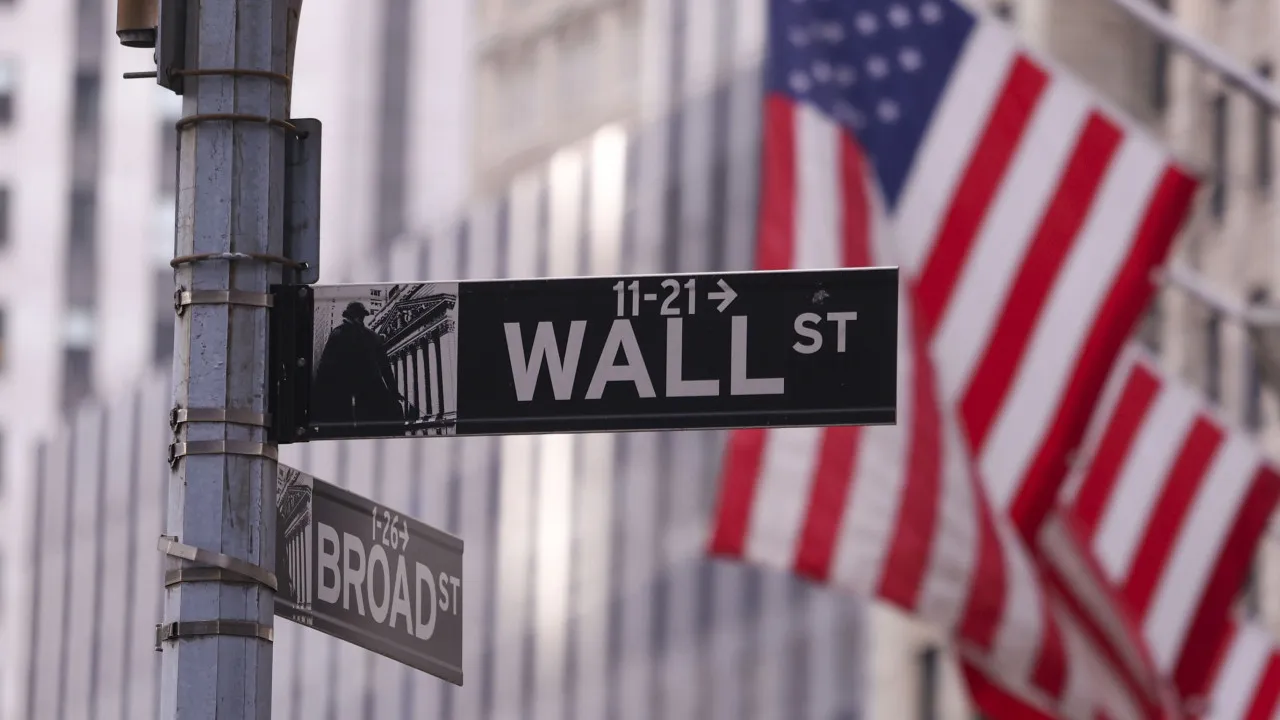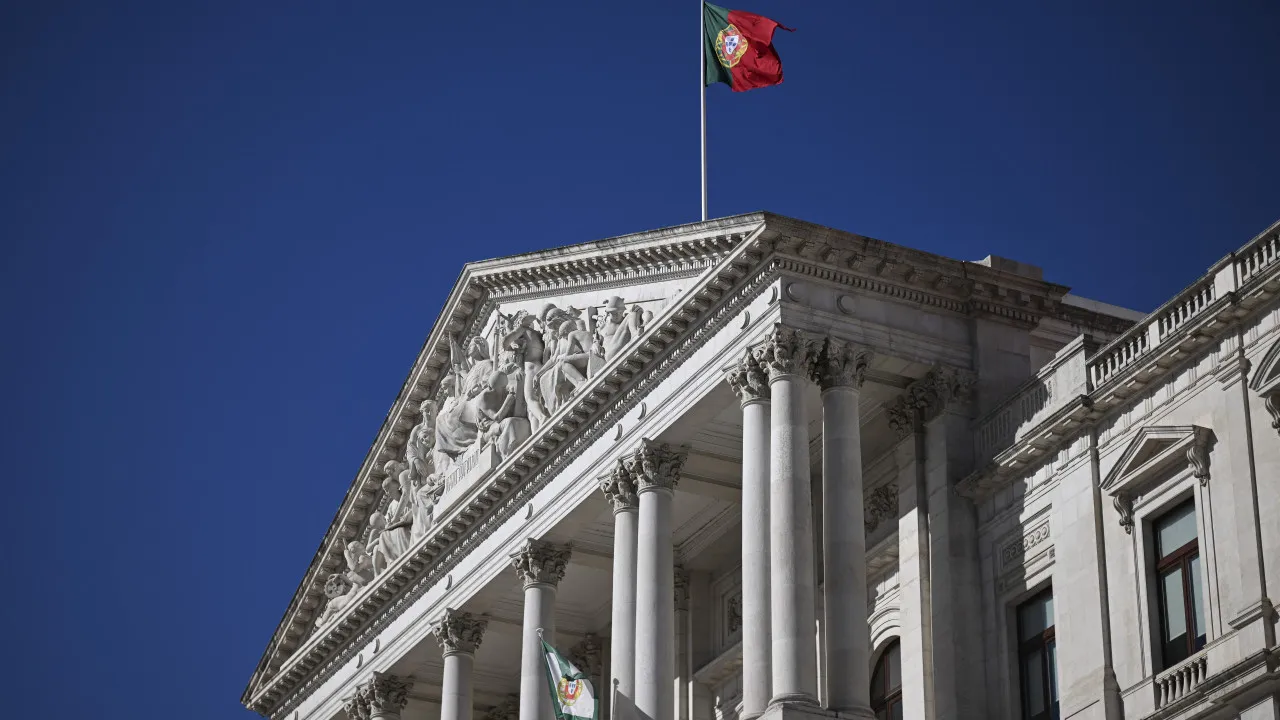
“Our sector essentially exports gasoline to the United States, and there is an exception in President Trump’s executive order that does not cover energy products, so we will not be immediately affected” stated EPCOL’s Secretary-General, António Comprido.
However, António Comprido noted that, despite exports “not being directly affected at this moment,” the economic turmoil “disrupts financial markets” and raises “questions about investment plans.”
The Ministry of Economy is meeting with business associations from various sectors from Tuesday until today to assess “the impact and mitigation measures” of the tariffs announced by U.S. President Donald Trump a week ago, which impose a 20% increase on imported goods from the European Union, in addition to the existing 25% tariffs on automotive, steel, and aluminum sectors.
Trump’s new tariffs are, according to the U.S. President, an attempt to boost American industry while penalizing countries for what he described as years of unfair trading practices.
According to the Portuguese Industrial Association (AIP), “the structure of goods exports to the U.S. in 2024” was led by the chemical industry (including pharmaceuticals), accounting for 24.9%, followed by mineral products (20.4%), machinery and electrical appliances (10%), textiles (8.2%), plastics and rubber (8%), metallurgical and metalworking (5.8%), and wood (3.9%).
“Mineral products (including petroleum products) experienced a year-on-year decrease in exports of 57.6%, and metalworking (machinery and appliances) saw a drop of 43.7%,” it was reported.




